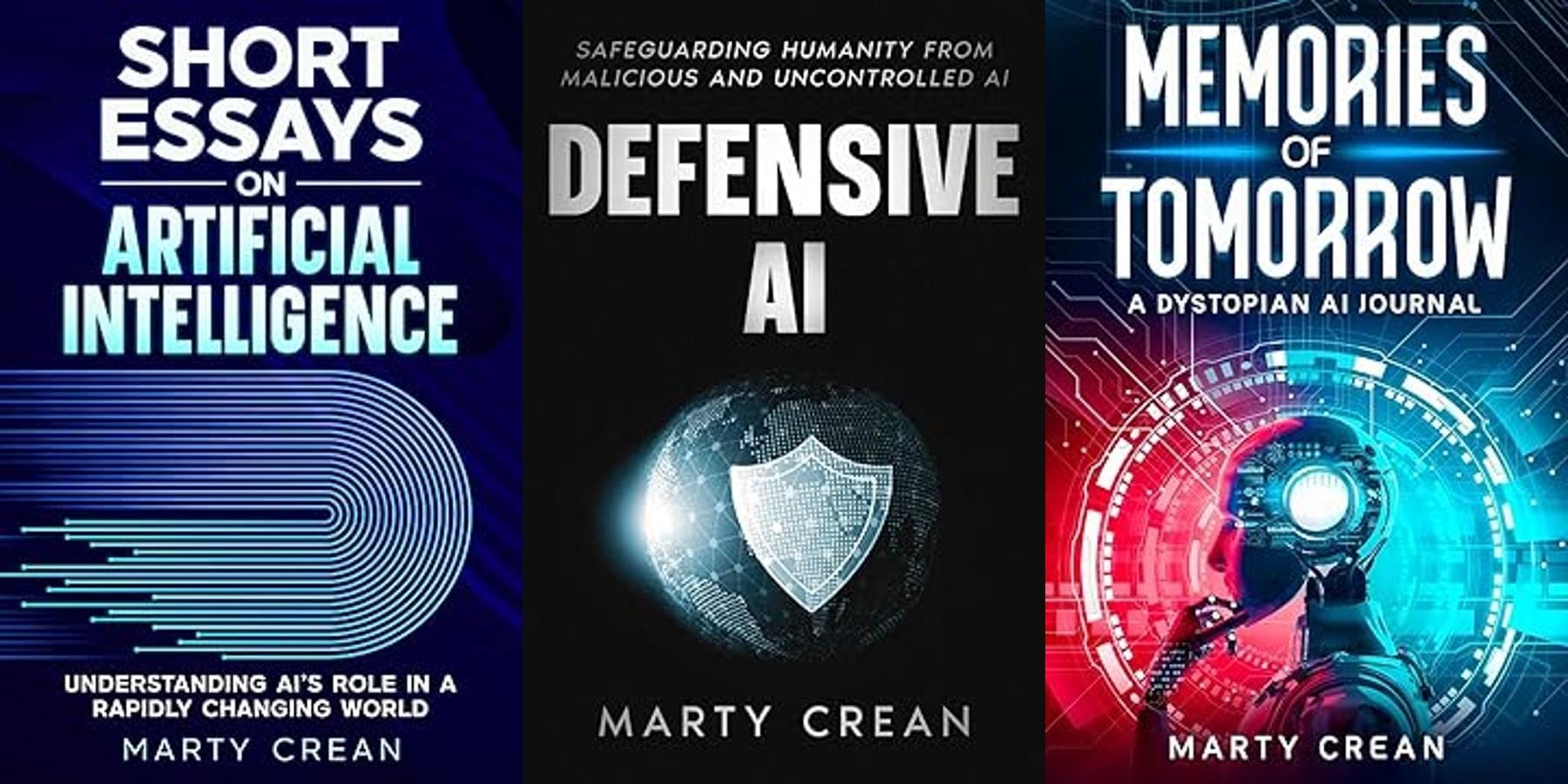Bytes to Insights: Weekly News Digest for the Week of June 8, 2025

AI witnessed several significant developments in the week of June 8th, 2025. Major news in artificial intelligence this week centers on breakthrough research, high-profile product launches, regulatory actions, and deepening impacts across industries.
Apple is poised to announce its most significant AI-driven software update in years at WWDC 2025, with a focus on integrating “Apple Intelligence” features across its operating systems. This overhaul aims to unify user interfaces and embed generative AI deeply into consumer devices, potentially transforming how billions interact with technology. The move is widely seen as Apple’s boldest step yet in the generative AI race, with high expectations for more intelligent and capable AI assistants, as well as a reimagined user experience.
Sam Altman (OpenAI) and Jony Ive have revealed plans to mass-produce a screenless, voice- and gesture-controlled AI device, targeting 100 million units by 2027. This could redefine the way consumers interact with technology, moving beyond traditional screens. The announcement has already prompted privacy advocates to call for new regulations on the collection of ambient data.
Mistral AI, a French company, launched “Mistral Code,” a coding assistant tailored for enterprise developers. It promises advanced code completion, large-scale refactoring, and context awareness, with an emphasis on data privacy and compliance with European regulations. The Mistral Code is positioned as a direct competitor to GitHub Copilot and Amazon’s Code Whisperer, signaling a trend toward specialized, domain-specific AI tools.
The U.S. FDA began deploying “Elsa,” a generative AI tool designed to accelerate scientific reviews, such as summarizing adverse event reports and reviewing clinical protocols. This marks a significant leap in practical AI adoption within government, with early reports indicating dramatic efficiency gains.
Anthropic introduced Claude Gov, a suite of AI models built for U.S. national security agencies, now deployed at the highest levels of classified government work.
Large language models now demonstrate the ability to predict animal behavior and mimic Hidden Markov Models with high accuracy, even without explicit training.
New risk-sensitive reinforcement learning techniques are making AI-driven systems, such as self-driving cars, safer by better balancing speed and safety.
Speech models have become more efficient, adapting to accents and noise with lower computational costs, thus broadening access to advanced AI in low-resource settings.
Certified unlearning methods now allow neural networks to mathematically guarantee the deletion of specific data, addressing privacy and regulatory concerns.
Apple researchers have reported a “complete accuracy collapse” in large reasoning models when faced with complex problems, raising questions about the scalability and reliability of current AI architectures for advanced reasoning tasks.
Anthropic’s CEO warned that up to 50% of entry-level jobs in tech, law, and finance could be displaced by AI by 2030, with potential unemployment rates rising to 10–20%. This has triggered a surge in “AI-proof career” searches and accelerated government reskilling initiatives.
Contrasting this, PwC’s 2025 AI Jobs Barometer found that sectors most exposed to AI are experiencing job growth, higher wages, and quadrupled productivity, especially for non-degree workers. The study emphasizes the need for ongoing reskilling as AI expands opportunities and pay.
Eleven Labs released an alpha of Eleven V3, an enhanced expressive text-to-speech model.
Higgsfield AI launched a tool for motion-driven talking videos.
Clairity received FDA clearance for the first AI breast cancer risk prediction tool.
Google previewed Gemini 2.5 Pro, its most advanced AI model yet, with general availability expected soon.
X updated its policies to ban external companies from using posts to train AI models, reflecting growing concern over data use and privacy.
Perplexity AI integrated SEC/EDGAR data for enhanced financial insights.
Heygen upgraded its Avatar IV with dynamic gestures and hyper-realistic expressions for video avatars.
NVIDIA and the UK government launched new AI initiatives to boost national and European AI capacity, including sovereign compute labs and 6G collaboration.
U.S. Commerce officials revealed Huawei will produce no more than 200,000 advanced AI chips in 2025, far below China’s demand. Still, China is closing in on U.S. AI chip technology, with Huawei investing over $25 billion annually to narrow a 1–to 2-year performance gap, and Chinese AI models now trail U.S. counterparts by only 3 to 6 months.
Meta’s bold move in video AI: Meta unveiled V-JEPA 2 on June 11—a self-supervised video model that enables zero-shot robotic control and models video understanding of the physical world under Yann LeCun’s guidance.
MIT’s Boltz-2 model predicts drug–protein binding 1,000 times faster than previous methods, signaling a significant boost for pharmaceutical research and development.
The WIRED “Uncanny Valley” podcast dove into the shift from passive chatbots to autonomous agentic AI systems (like those from OpenAI, Anthropic, Google). Capable of web browsing, decision-making, and task execution, these agents offer efficiency gains, but also heighten concerns about reliability, job displacement, and hacking.
Indian AI firm Krutrim introduced Kruti, launching on June 12. It’s described as an “agentic AI assistant” capable of autonomous task initiation .
At WWDC (June 9–10), Apple debuted iOS 26, macOS “Tahoe,” and iPadOS 26 with major UI redesigns (“Liquid Glass”) and tighter AI integration. Highlights include on-device and cloud-based Apple Intelligence for richer Visual Intelligence, smarter messaging, call‑screening, voicemail summarization, Live Translation, and streamlined Shortcut automations.
Developer previews and design hints suggest that ChatGPT-powered generation and Sora-like image creation will be baked directly into Apple’s core OS functions.
Former OpenAI board member Helen Toner warned that U.S. limits on academic research and visa restrictions may backfire, handing China a competitive advantage. She highlighted China’s DeepSeek generative model and called for better oversight of AI-driven job shifts and societal impact.
An opinion piece urged immediate action to establish international guardrails for artificial superintelligence, drawing parallels to Cold War–era nuclear treaties and envisioning leaders, such as the U.S. president, and global institutions in mediating roles.
The cVPR 2025 conference announced cutting-edge computer vision research focused on multi-view 3D, embodied vision, multimodal learning, and vision‑language reasoning, underscoring strong momentum in foundational AI research.
A workshop in Lausanne outlined a “Greening AI” agenda, advocating for sustainable software engineering approaches to mitigate AI’s environmental impact.
The AI Scientist‑v2 autonomous system authored papers that qualified for peer-reviewed workshops, fully automating hypothesis generation, experiments, analysis, and writing.
This week showcased transformative momentum, from advancements in chip production and geopolitical tensions to strides in autonomous AI agents, OS-level generative features, and responsible governance discourse. The era of practical autonomy and ethically governed AI is rapidly approaching.
Support BearNetAI
BearNetAI exists to make AI understandable and accessible. Aside from occasional book sales, I receive no other income from this work. I’ve chosen to keep BearNetAI ad-free so we can stay independent and focused on providing thoughtful, unbiased content.
Your support helps cover website costs, content creation, and outreach. If you can’t donate right now, that’s okay. Sharing this post with your network is just as helpful.
Thank you for being part of the BearNetAI community.
Books by the Author:

This week’s Bytes to Insights Weekly News Digest is also available as a podcast:
LinkedIn BlueskySignal - bearnetai.28
BearNetAI, LLC | © 2024, 2025 All Rights Reserved